What is THCa?
Does THCa Get You High? THCa represents Tetrahydrocannabinolic corrosiveness. It is the acidic form of the psychoactive substance THC, recorded under schedule I drug for its high capability of misuse. THCa is a nonpsychoactive cannabinoid substance, which makes it satisfactory to drug businesses for its broad capacity of clinical utilization.
Tetrahydrocannabinolic corrosive or THCa and THC fundamentally vary from one another in their compound design. These are the two distinct types of a similar compound.
Tetrahydrocannabinol (THC) is made out of 30 hydrogen particles, 21 carbon iotas and 2 oxygen iotas, making the sub-atomic equation out of C₂₁H₃₀O₂. In the event of THCa, the substance bond is like that of THC; however, it comprises an extra carboxyl gathering (- COOH). This addition makes THCa the acidic ancestor of THC.
As the acidic forerunner of THC, THCa is changed over into psychoactive substances by playing out a peculiarity regularly known as the Decarboxylation process. In this cycle, THCa is delivered to warming to break its atomic bond and to lose the carbon dioxide clinging to shape THC.
THCA Flowers at 50% discount for first time users:
Visit the website using the buy now button. Check the discount code pop up on bottom left of the screen. Apply coupon and avail your 50% discount on your first purchase.

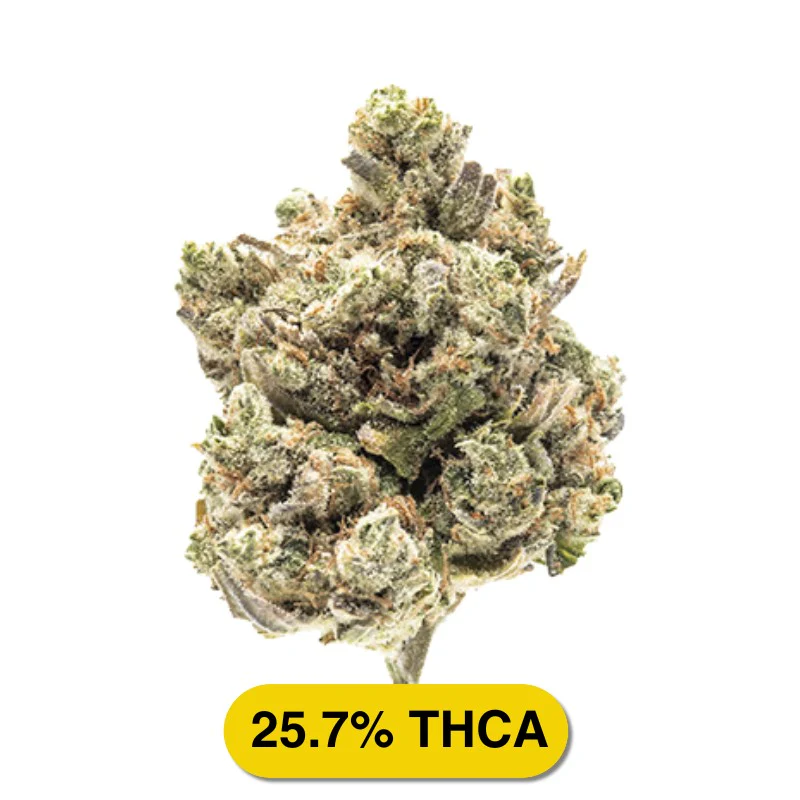
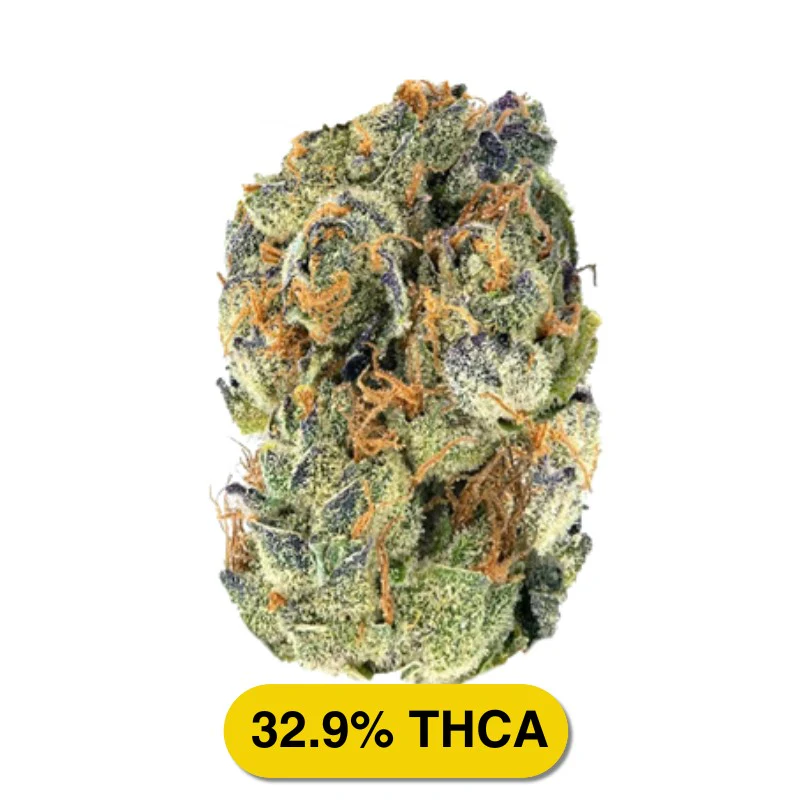
Does THCa get you high?
Does THCa Get You High? THCa is available in various marijuana items in multiple fixations and varieties. It is viewed as the acidic antecedent of high-power THC. THCa disengages in its regular structure and has no psychoactive properties, essentially because the cannabinoid’s atomic design in normal structure doesn’t permit it to tie to the CB1 receptors dispersed all around the cerebrum.
The decarboxylation cycle changes over THCa into THC. This interaction implies that carboxyl gathering from the THCa characteristic sub-atomic construction is normally eliminated through various warming choices.
A similar interaction can likewise occur all alone as crude weed ages and dries, and you get an item with a high THCa rate that transforms into unadulterated THC when warmed. As THCa transforms into THC, it connects with the endocannabinoid framework in various ways to prompt “high” impacts.
So basically, THCa, in its unheated and regular structure, doesn’t prompt any “high” sentiments, while vaping, cooking, or smoking THCa changes over the cannabinoid to THC, which is answerable for actuating “high” impacts.
THCA Flowers at 50% discount for first time users:
Visit the website using the buy now button. Check the discount code pop up on bottom left of the screen. Apply coupon and avail your 50% discount on your first purchase.
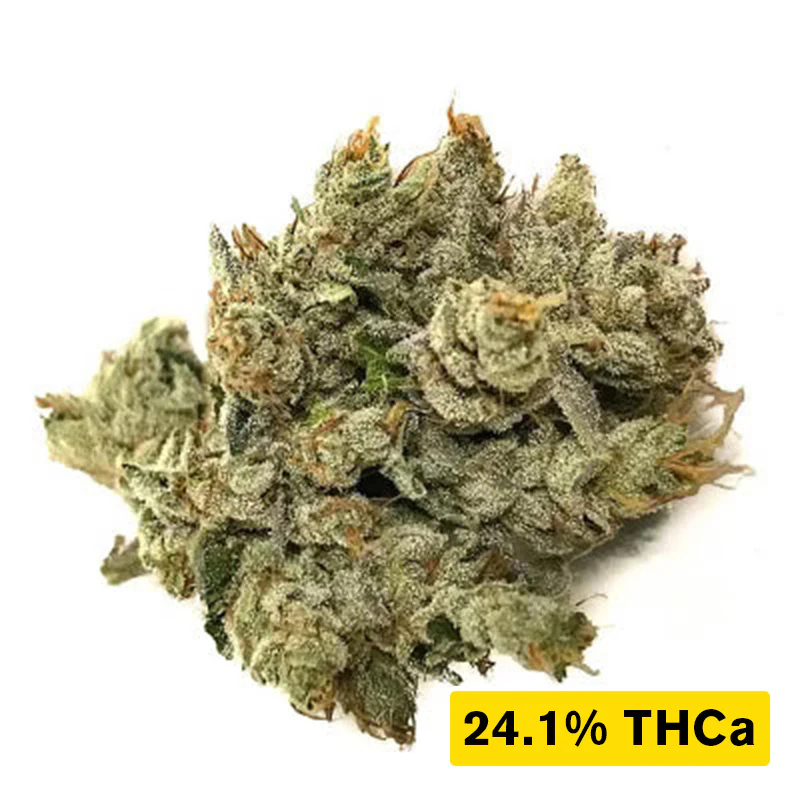
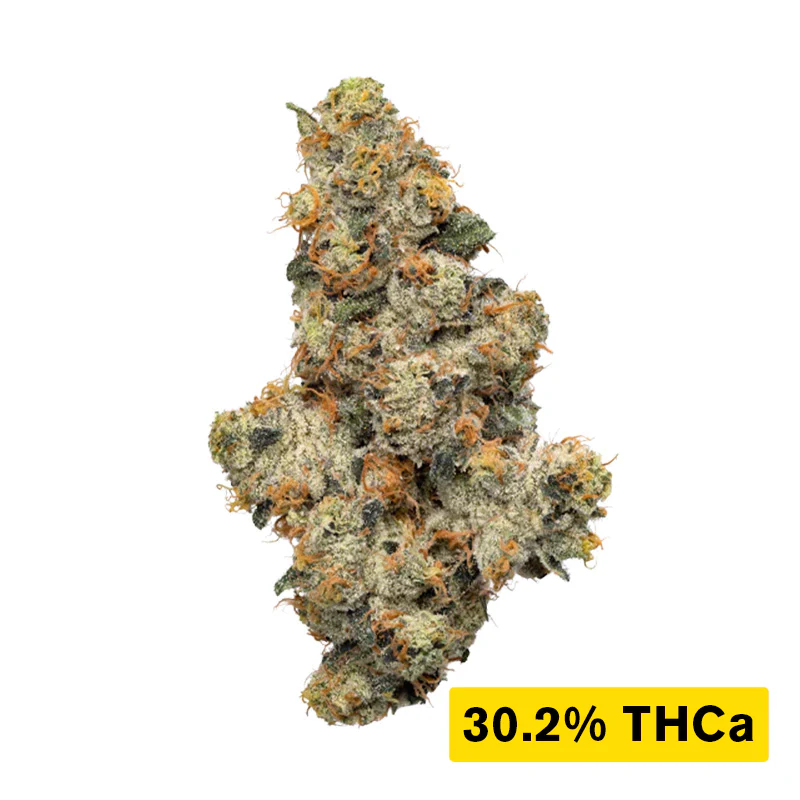
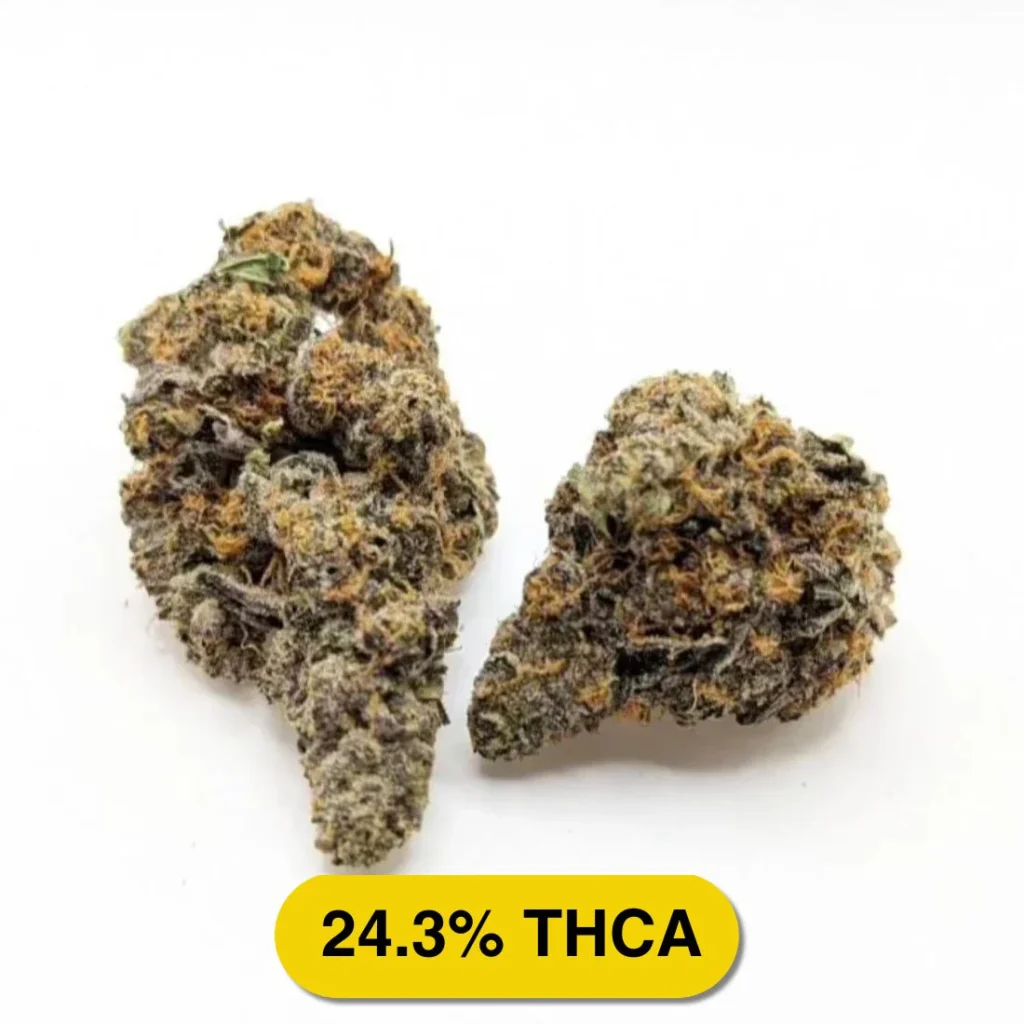
THC vs THCa
THC vs THCa? Tetrahydrocannabinolic corrosive, regularly known as THCa, is the acidic type of THC or Tetrahydrocannabinol, a functioning part of the weed. The two parts are frequently referenced together yet are positively not the equivalent.
These two parts vary from each other in different ways. THC, on the one hand, is a famous psychoactive compound that helps individuals by raising their temperament and giving them a tranquil brain. Then again, THCa is the acidic type of THC, yet not quite as poisonous as THC. THCa conveys many remedial advantages, making it more dependable for drug ventures.
This is the most huge, however, by all accounts, one of the distinctions between them.
There’s something else to find here. We should jump into the obscure universe of THCa and THC and find more on the most proficient method to deal with them with alertness.
What is a high THCa percentage?
The high THCa percentage in cannabis flowers depends on farmers’ seeds and how the flowers are cultivated. However, the THCa percentage generally ranges between 25-30%. Due to its low THC content, this form of the drug is not known for its psychoactive abilities.
Ways to consume THCa
- Raw Consumption: Add new, THC-rich weed leaves or buds to smoothies, mixed greens, or squeezes. Crude pot has a green taste, so it might take some time to become acclimated to it. You can attempt various proportions until you get the hang of it and increment it as you go.
- Capsules: THCa cases or gels are another method for enjoying the advantages of pot. They can be easily transported and consumed in a hurry. Think of it like taking some other pill or supplement. Whenever you gulp it, your body will do its thing and assimilate the THC goodness.
- Tinctures and Topicals: THCa- tinctures or topicals are a speedy and simple method for consuming THCa. These items are made by separating the THC from the plant and safeguarding it without decarboxylation. Tinctures require sublingual utilization (put under the tongue), while topicals are used directly on the skin.
FAQ-
Here are some frequently asked questions asked all over the internet by THC and THCa users. Due to a lack of knowledge and awareness in this matter, users tend to get confused in their journey with cannabis, whether it be for medicinal or recreational purposes.
Can THCa get you high?
Due to its low THC content, THCa is less likely to get you high as it contains only 25-30% of intoxicated drug content.
Is THCa legal?
According to the new Farm Bill amendment, usage of THCa has been legalized all over the state. So yes, THCa consumption is 100% legal.
Is THCa detectable in drug tests?
THCa is exceptionally far-fetched to show up in routine medication screening tests because of its nonpsychoactive impacts. Notwithstanding, there are explicit medication tests for weed compound investigation that can distinguish hints of THCa. These tests don’t fall under routine medication screening processes, yet it’s dependably valuable to counsel a medical services supplier on the off chance that you have a medication test coming up.
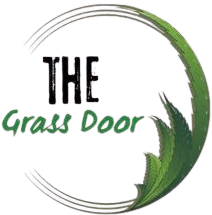
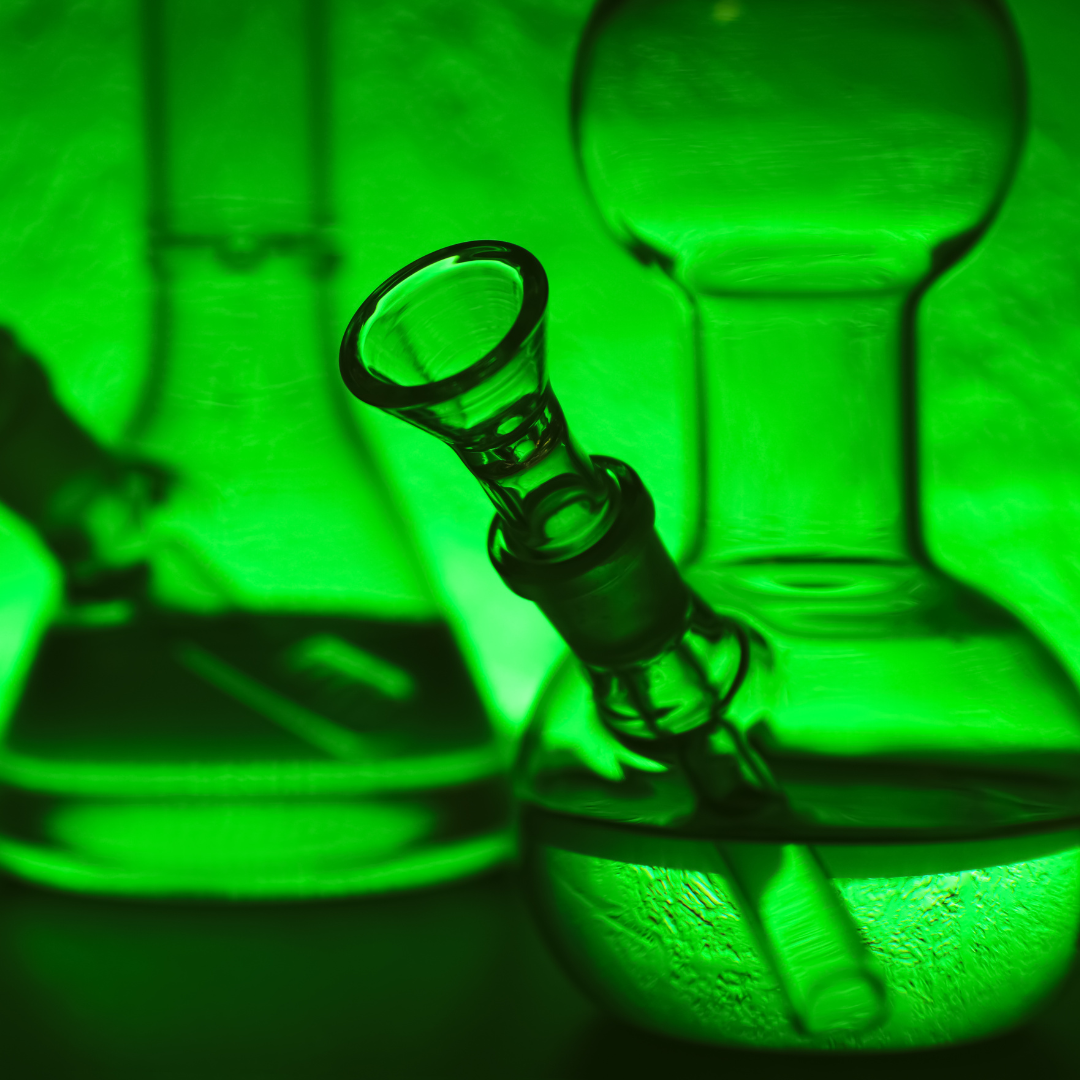
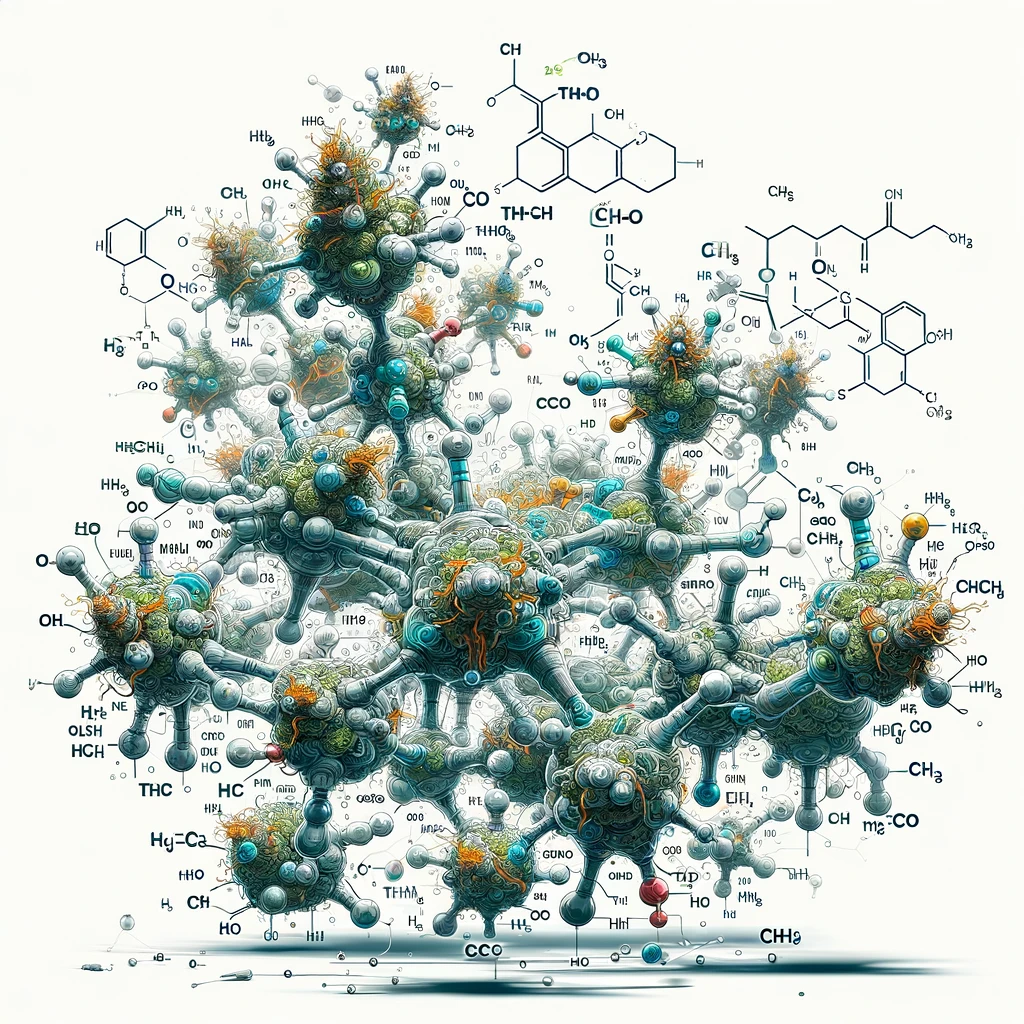

5 thoughts on “Does THCa Get You High: 3 FAQs”